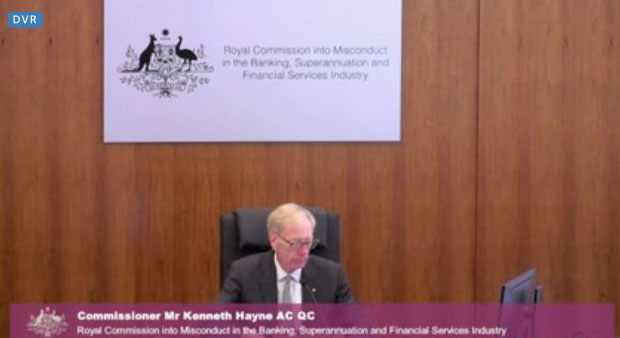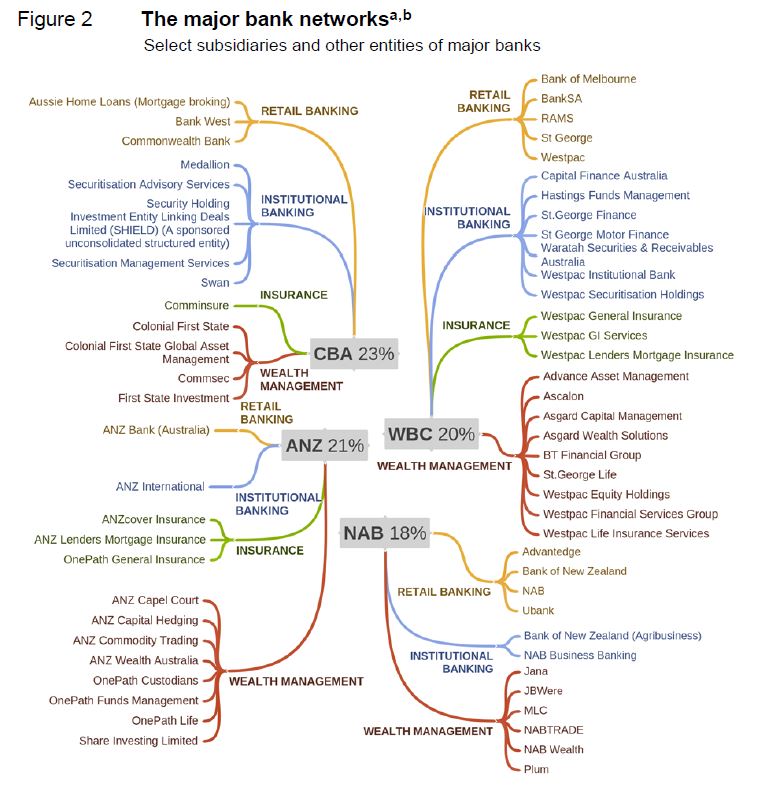ASIC says AMP, ANZ, CBA, NAB and Westpac have now paid or offered customers $222.3 million in refunds and interest for failing to provide advice to customers while charging them ongoing advice fees. This represents a further $6.4m in payments and offers from these institutions since the last ASIC media release (17-438MR) on the fees for no service (FFNS) project, which provided compensation figures as at 31 October 2017.
In addition, ASIC is overseeing FFNS remediation programs by other Australian financial services (AFS) licensees that have identified potential FFNS failings, including Bendigo Financial Planning Ltd, Police Financial Services Ltd (trading as BankVic), State Super Financial Services Australia Limited (trading as StatePlus), and Yellow Brick Road Wealth Management Pty Ltd. The total amount now paid or offered to customers across both groups of licensees is $259.6m.
ASIC is also aware that five AFS licensees or institutions have provisioned for future remediation payments, with four of these to date providing to ASIC amounts for future remediation (see below in notes). If all of these provisions are paid in full, FFNS remediation may exceed $850m.
The table provides compensation payments and estimates reported to ASIC as at 30 June 2018. Some institutions’ total estimates have changed since ASIC’s previous media release as they have further investigated the compensation required and, in some cases, identified additional failures needing remediation.
| Group | Compensation paid or offered (1) | Estimated future compensation (2) | Total estimate |
|---|---|---|---|
| AMP | $5,010,637 | $370,000 (3) | $5,380,637 |
| ANZ | $50,793,257 | $8,443,300 (4) | $59,236,557 |
| CBA | $118,040,178 | $25,274,717 | $143,314,895 |
| NAB | $5,690,797 | $1,019,623 (5) | $6,710,420 |
| Westpac | $6,896,237 | Not yet available (6) | $6,896,237 |
| Bendigo | $0 | $2,500,000 | $2,500,000 |
| StatePlus | $37,223,999 | Not yet available (7) | $37,223,999 |
| Yellow Brick Road | $0 | $101,477 | $101,477 |
| Total (personal advice failures) | $223,655,105 | $37,709,117 | $261,364,222 |
| NULIS Nominees (Australia) Ltd | $35,900,408 (8) | 67,000,000 (9) | $102,900,408 |
| Total (personal and general advice failures) | $259,555,513 | $104,709,117 | $364,264,630 |
Source: Data reported by the AFS licensees to ASIC as at 30 June 2018.






